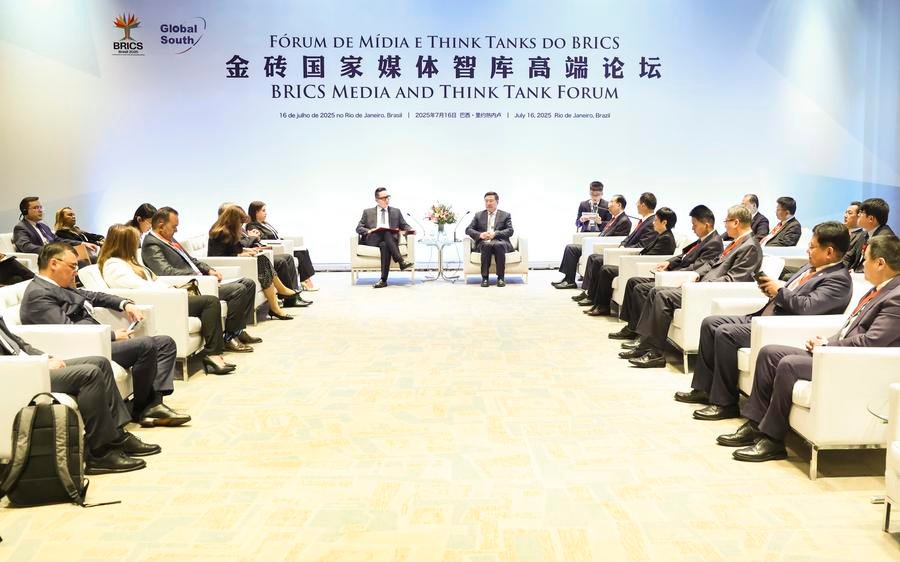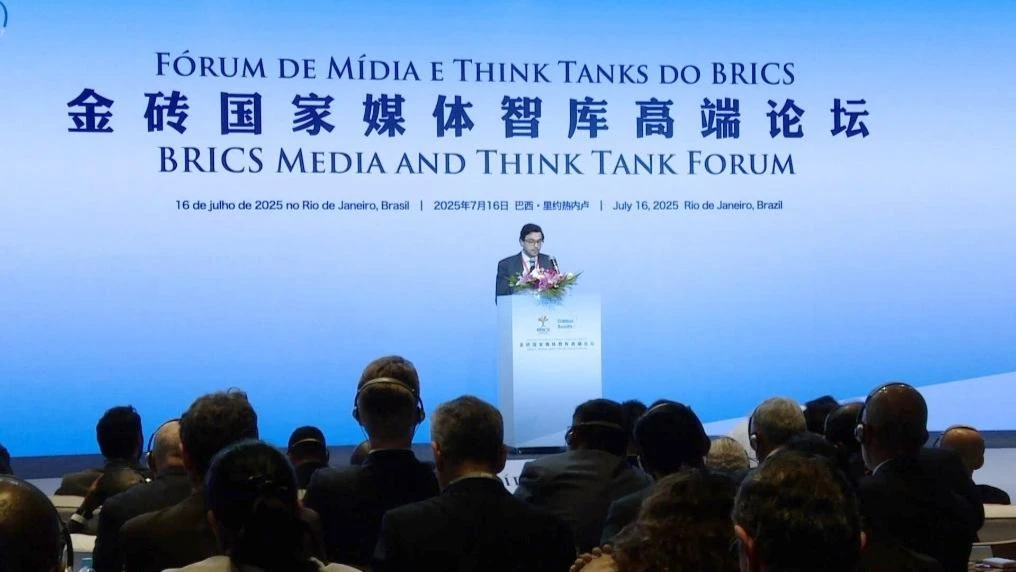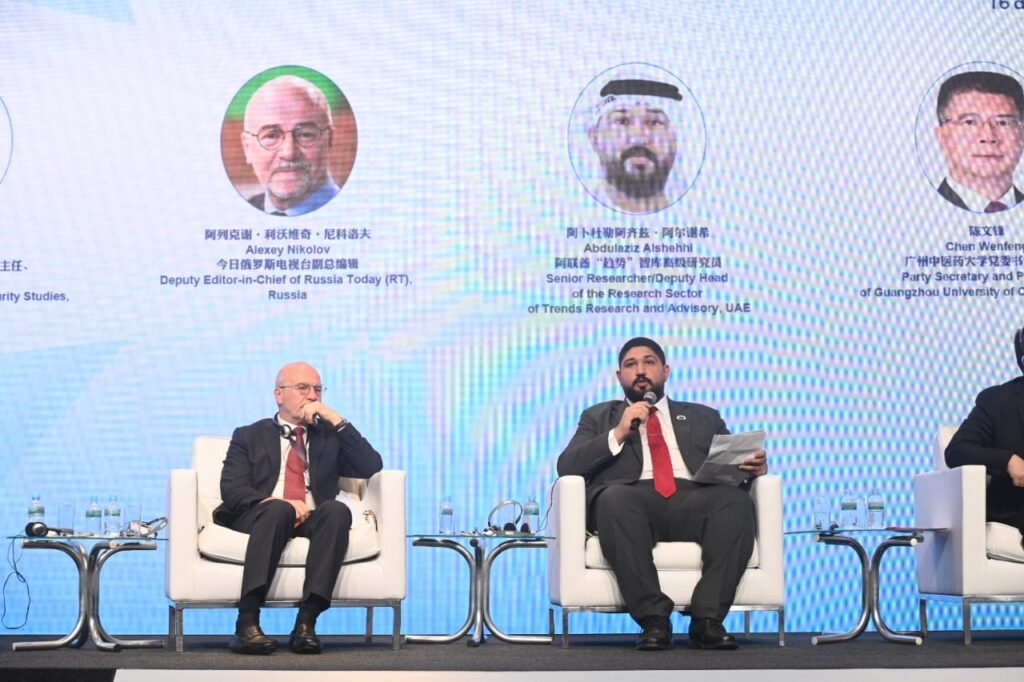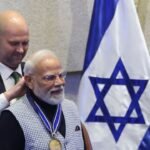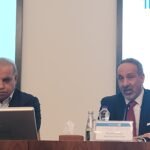Rio de Janeiro, 17 July 2025 (Xinhua)
The recently concluded BRICS Media and Think Tank Forum in Rio de Janeiro marked a significant step in amplifying the collective voice of developing nations on the world stage. Bringing together more than 250 delegates from 36 countries, including BRICS member states (Brazil, Russia, India, China, South Africa) and partner nations, the forum served as a dynamic platform to challenge traditional power structures and advocate for a more inclusive global order. Under the theme "BRICS United: Forging a New Chapter for the Global South," discussions spanned economic cooperation, technological innovation, and the urgent need for media representation that reflects the diversity of emerging economies.
Building a Shared Digital Future Through AI
A major highlight was the launch of a BRICS AI Cooperation and Development Initiative, designed to foster collaborative research, ethical governance frameworks, and technical standards tailored to the needs of the Global South. Experts emphasized that while AI presents unprecedented opportunities in communication, industry, and knowledge-sharing, it also carries risks of misuse and inequality. Edson Prestes e Silva Junior, a leading AI professor at Brazil’s Federal University of Rio Grande do Sul, warned that unchecked AI development could deepen global disparities. "We must strengthen cross-border partnerships to ensure AI serves humanity—not just a privileged few," he asserted. The initiative calls for joint efforts in policy-making, innovation, and capacity-building to prevent technological monopolies by advanced economies.
Redefining Global Governance in a Multipolar World
With rising geopolitical tensions and systemic inequities, participants agreed that BRICS must play a central role in reshaping international institutions. Luis Fernández Tabio, an economist from the University of Havana, argued that Western-dominated frameworks like the IMF and World Bank no longer reflect today’s economic realities. "BRICS offers an alternative model—one that prioritizes sovereignty, mutual respect, and sustainable development," he said. José Juan Sánchez of Brazil’s CMA Group added that BRICS nations—collectively representing 40% of the world’s population and 25% of global GDP—possess the economic leverage to drive change. "By pooling our resources and expertise, we can advocate for fair trade, climate justice, and financial systems that empower the Global South," he noted.
Strengthening Media Representation Against Disinformation
A recurring theme was the need to counter Western media dominance, which often marginalizes Global South perspectives. Mikhail Gusman of Russia’s TASS news agency highlighted the dangers of misinformation and narrative manipulation, stressing that BRICS media must collaborate to provide balanced, fact-based reporting. Wong Chun Wai from Malaysia’s National News Agency echoed this, stating, "We are witnessing a historic shift—where the Global South is no longer content to be sidelined in global discourse." Meanwhile, Ali Muhammad Ali of Nigeria’s News Agency emphasized BRICS’ expanding influence: "We are not just an economic bloc; we are a movement shaping the future of international relations."
A Unified Vision for the Future
The forum concluded with a resounding call for greater solidarity among developing nations to build a more equitable world order. Delegates agreed that BRICS must continue to expand its partnerships, invest in digital infrastructure, and champion multilateral reforms in global governance. As the Global South gains momentum, the forum reinforced that BRICS is not merely a coalition—it is a transformative force redefining power dynamics for the 21st century.
The annual BRICS Forum was established in 2015 through a joint effort by China’s Xinhua News Agency and its BRICS counterparts. Over the years, it has grown into a leading international platform fostering friendship, cooperation, and the sharing of trust and knowledge among BRICS nations. Additionally, the forum serves as a crucial hub for consolidating the media and intellectual perspectives of the Global South, addressing global challenges, and advancing a new era of cross-continental partnership

